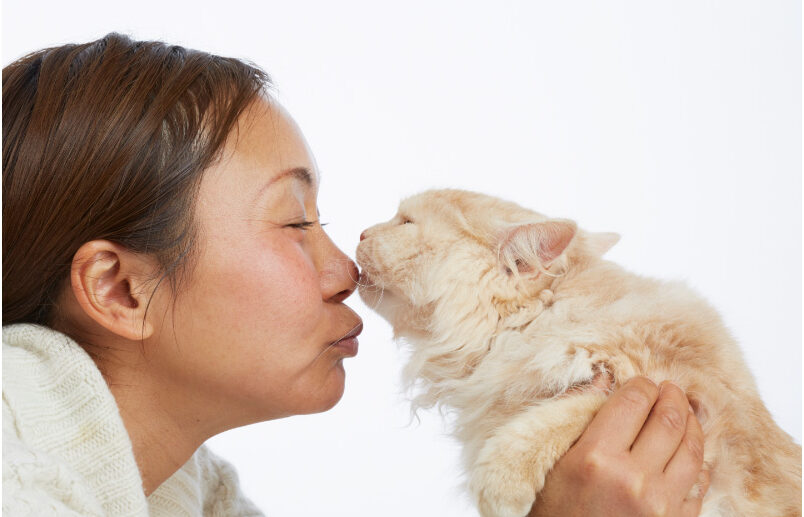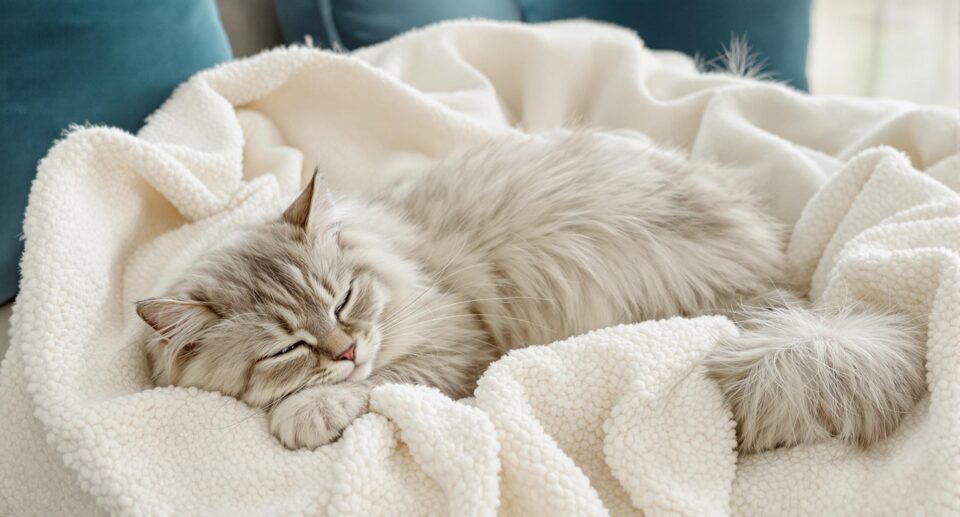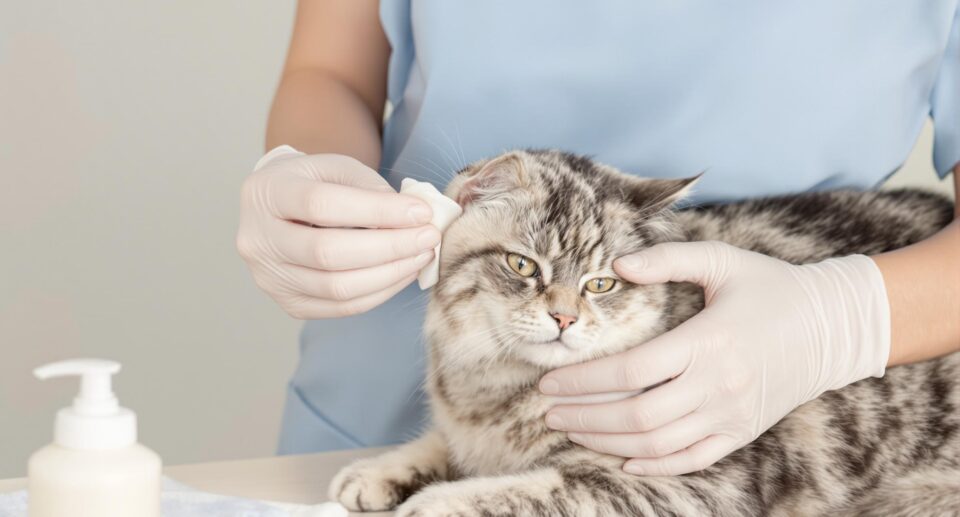Bad Breath Remedies for Cats

Halitosis (bad breath) is a dental condition that affects not only humans, but cats as well. Cats are not expected to have odor-free breath, but breath with an unpleasant odor should raise concern. If your cat’s breath gives off an extremely strong odor, it should be checked for possible underlying health problems.
Several factors can contribute to your cat’s bad breath, including:
- Poor dental hygiene, which can lead to bacteria buildup that produces an unpleasant odor
- Dental or gum disease, which can result from plaque or tartar
- Your cat’s diet or something skin-related
- Serious medical issues, such as abnormalities in the mouth, gastrointestinal tract, respiratory system, the liver, or the kidneys
- Diabetes
- Cancer of the mouth
Whatever the cause of your cat’s halitosis, it should be given immediate attention.
Brush your cat’s teeth
It’s not an easy task, but brushing your cat’s teeth can help prevent tartar and plaque buildup. Human toothpaste is not intended for your cat because it is not digestible. To prevent illness, only use toothpaste formulated for your cat.
Eliminate bacteria
Water additives and oral rinses are a great supplement to regular toothbrushing. Water additives added to your cat’s water bowl help kill bacteria and dental rinses help prevent tartar and plaque buildup.
Reward your cat with a dental chew or treat
After brushing your cat’s teeth, consider giving a dental chew or treat. Helping your cat associate toothbrushing with a reward may help make the process easier. In addition, dental chews and treats help freshen your cat’s teeth in between brushings. Many small treats will be gobbled up quickly, while a dental chew usually lasts longer. Always watch your cat while he or she is chewing the treat to prevent choking.





